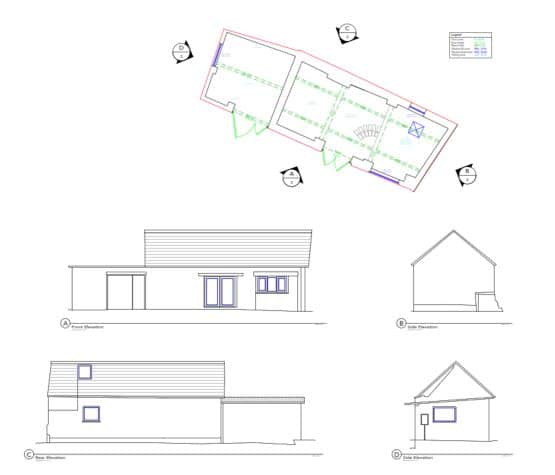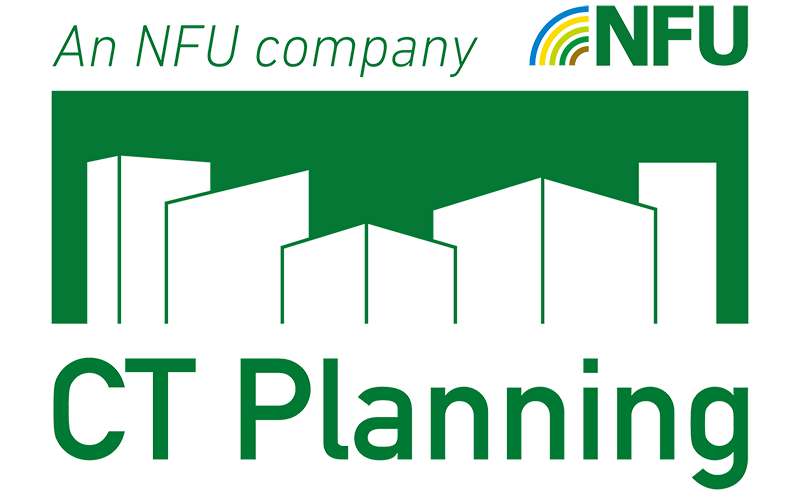
How to submit a successful change of use application
At CT Planning, we specialise in assisting clients with change of use applications, providing expert guidance and support throughout the process. Whether you are considering converting a property or altering its designated purpose, our dedicated team of planning consultants is here to help you navigate the complexities of change of use applications.
Different use classes
Understanding the various use classes is crucial when applying for a change of use. The most common use classes include:
- Class C3 (Residential): This use class includes properties intended for residential occupation, such as houses, flats, and apartments. Read our case study on a change of use class C3 to C2
- Class E (Commercial): Class E covers a wide range of commercial uses, including shops, offices, restaurants, gyms, and certain services such as medical or financial institutions.
- Class B (Industrial): Industrial use class encompasses properties primarily used for manufacturing, storage, and distribution activities, including warehouses, factories, and industrial premises.
- Class C4 (Houses in Multiple Occupation – HMO): This class includes properties rented out to multiple unrelated individuals who share common facilities, such as student houses or certain types of shared accommodation.
- Class D1 (Non-residential Institutions): Class D1 includes properties used for non-residential institutions, such as schools, clinics, day nurseries, places of worship, and public halls.
Each class carries specific regulations and guidelines that determine the acceptable uses for a property. it is important to consult with planning experts to ensure accurate classification for your specific property and proposed change of use. See details of current use classes.
What is permitted development?
Permitted development allows certain changes to be made to a property without requiring a full planning application. These changes are considered minor and are subject to specific criteria and limitations. Permitted development rights vary depending on the use class and local planning policies. Our team can help you determine whether your proposed change falls within permitted development regulations or requires a formal planning application.
How can CT Planning help?
CT Planning offers comprehensive support throughout the change of use application process for buildings and land, whatever the size of your project. Our experienced team will guide you through every step, ensuring that your application is thorough, accurate, and in compliance with local planning regulations. We will assess the feasibility of your proposed change, prepare and submit the necessary documentation, and engage with the local planning authorities on your behalf. Our goal is to maximize the chances of a successful change of use application and streamline the approval process.
We have supported with many successful change of use applications with particular experience with residential, agricultural and commercial buildings.
Change of Use FAQS
Retrospective change of use applications can be possible, but they are generally more challenging than proactive applications. It is crucial to address any non-compliance issues and work closely with the local planning authority to rectify the situation. Our team can provide professional advice and assistance in navigating the complexities of retrospective change of use applications.
Find out how long after development enforcement action can take place in our recent article.




